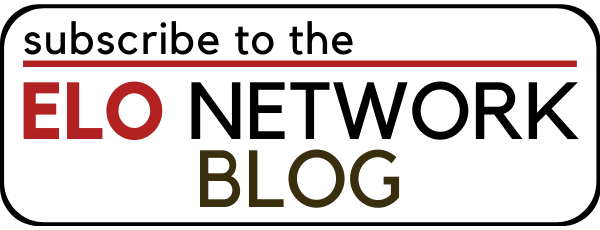I recently sourced and assembled a three-person advisory board for an entrepreneurial family business doing over $200 million/year. The three advisors collectively have about 100 years of business experience, have done billions of dollars of deals, have been involved in dozens of acquisitions and have conducted themselves with integrity throughout long and distinguished careers. Was the advisory board helpful? Yes. Was this inevitable? No. Here are four questions for business owners to ponder as to whether to set up and run an advisory board.
- Will an advisory board fit into the context of your company?
Proposing an advisory board for a company without doing a governance review is like recommending open heart surgery without examining the patient. An advisory board as a solution presupposes a problem. The advisory board process needs to be put in the context of a governance review.
A governance review is an examination as to the board, organizational and reporting infrastructure of an organization. The value of an advisory board can only be determined within that context. The reality is that many large private companies don’t have a true functioning board of directors and truth be told, don’t really want one. In many family businesses, things get discussed over the kitchen table and around the BBQ and then a lawyer papers over the absence of AGMs and the like. For entrepreneurs the only directors are those with skin in the game; only owners are sitting around the table.
So, context is everything. An advisory board is not right for every company. In many contexts, especially with entrepreneurial and family businesses, an advisory board can play an important role.
- Where are you going to find suitable advisors?
Entrepreneurs are told to tap into their network to find suitable advisors. Good idea. The problem is they rarely know any. Why? They’re eagles. They fly alone. Not with the other eagles. I’ve found that the role of an advisory firm like ELO Counsel in setting up and sourcing advisors is hugely valuable. As one exasperated client said, “I don’t know anyone!”
Most entrepreneurs are up to their eyeballs in the intricacies of their business and many of their relationships are built around their business. It’s hard to get entrepreneurs to go out and network among their peers. That’s the same reason that companies routinely hire executive search firms. Good people are hard to find. If you’re going to do it, then do it right—or you are wasting your time.
- What happens at the advisory board meeting?
Meetings don’t become successful by themselves. The meeting with the advisors I described above was a great success. Why? The advisors were of great quality. This is important. A board’s value will be capped by the competencies and experience of the advisors.
A danger in getting together advisors is that there may be a great time of kibbutzing, joie de vivre, and good fellowship—but nothing gets done at the end of the day. The key is to have a balance of a focused agenda with some room for responding to how the dialogue evolves. The company owners identify issues on which they want input. Advisors give their input. Depending upon the breadth of their experience the conversation may go in very interesting ways. The best method of the outcome is to work on developing a set of insights for consideration by the entrepreneur.
The advisory board focuses on big picture strategic thinking. I find the best approach for an effective meeting is to pose specific questions as the core of the agenda for the meeting. If the discussion revolves around acquisition strategy then advisors can share from their own experiences.
- How do you manage the process effectively?
Entrepreneurs want results, not process. So, when entrepreneurs are given a how-to and what-for kit regarding advisory boards, they will give the knowing glance that it’s a great idea—but it’s never going to get done.
Entrepreneurs don’t do process. Instead, they need someone who is going to identify the issues, chair the meeting, take the notes and keep it on track. This is the role of the chairperson. A well-run meeting is not easy—but it’s very beneficial. Advisors may have equally valid experiences, but not the same proclivity to chat. Also, the chair will be aware of the varied and deep backgrounds of the individuals and be able to make sure that is brought into the discussion.
Conclusion
There seem to be a lot of articles on the concept but not the practice of setting up and running advisory boards. The bottom line is that advisory boards can be a great boon to companies if certain conditions exist: the right context, the right advisors, well-managed meetings and a good process.
